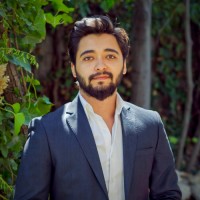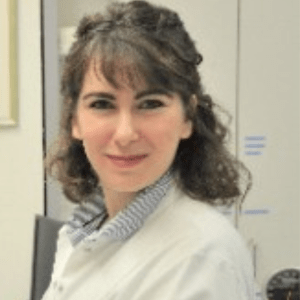Open / Penetrating Injury
Home/ Scientific Sessions / Open / Penetrating Injury
Open / Penetrating Injury
Open / penetrating injury session explores painful injuries, where foreign objects – such as knives, pills, or glass sharks – penetrate the body, possibly damaging soft tissue, bone, organs, or nerves. These injuries can range from surface-level lesions to life-threatening trauma that demands immediate surgical care. Treatment often involves removing the object, cleaning wound, clot support, infection control and intensive monitoring. Beyond physical damage, the session emphasizes significant psychological effects that can withstand patients, including fear, anxiety, or post-traumatic stress, which can affect long-term recovery. Pain plays an important role in management, counseling and supportive therapy play key roles in rehabilitation. This session highlights the need for both medical and emotional care, along with preventive measures, to reduce risk and ensure patients receive comprehensive treatment for effective healing.
Related Sessions
1 - Stem Cells Role in Neuro-Biological Treatment
2 - Neurological Disorders and Stroke
3 - Clinical Neurophysiology and Stroke
4 - Neuropsychology and Addiction
5 - Genetics and Epigenetics in Neurodegenerative Disorders
Neuroimmunology and Neurological Infections
7 - Neuropharmacology and Neurochemistry
8 - Brain Injury and Behavioral Neuroscience
9 - Cognitive Neuroscience and Psychology
10 - Neurobiology and Behavior
11 - Neurosurgery and Spine
12 - Paediatric Neurology and Epilepsy
13 - Molecular Genetics and Neurobiology
16 - CNS Injury, Repair and Inhibition, Excitation
17 - Psychology, Cell & Molecular Biology
20 - Ophthalmology and Visual Neuroscience
21 - Neuroscience and Artificial Intelligence
22 - Neuroinformatics and Computational Neuroscience
23 - Human Brain Mapping
24 - Brain Stimulation and Imaging
25 - Cerebral Blood Flow and Metabolism
26 - Molecular Brain Research
27 - Brain Structure and Function
28 - Brain Pathology and Oncology Research
29 - Geriatric Psychiatry and Neurology
Scientific Program
Keynote Speaker - Dr. Zhenhuan LIU (Oral Presentation - In-Person)
Nanhai Maternity and Children Hospital Affiliated to Guangzhou University of Chinese Medicine, China
Keynote Speaker - Dr. Magda Tsolaki - Oral Presentation (Virtual)
Emeritus Professor of Neurology, Aristotle Univesrsity of Thessaloniki, Makedonia, Greece, Chair of the Greek Federation of Alzheimer’s Disease
Keynote Speaker - Dr. Tatsuro Mutoh, MD, PhD, FAAN - Oral Presentation (In-Person)
Department of Neurology, Fujita Health University Hospital, Toyoake, Aichi, Japan
Scientific Program
Keynote Speaker - Dr. Zhenhuan LIU (Oral Presentation - In-Person)
Nanhai Maternity and Children Hospital Affiliated to Guangzhou University of Chinese Medicine, China
Keynote Speaker - Dr. Magda Tsolaki - Oral Presentation (Virtual)
Emeritus Professor of Neurology, Aristotle Univesrsity of Thessaloniki, Makedonia, Greece, Chair of the Greek Federation of Alzheimer’s Disease
Keynote Speaker - Dr. Tatsuro Mutoh, MD, PhD, FAAN - Oral Presentation (In-Person)
Department of Neurology, Fujita Health University Hospital, Toyoake, Aichi, Japan
Committee Members
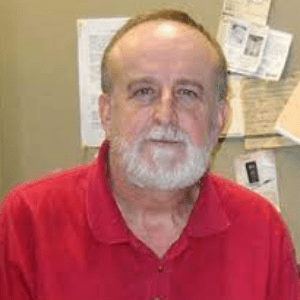
Kenneth B Storey
Carleton University, Canada
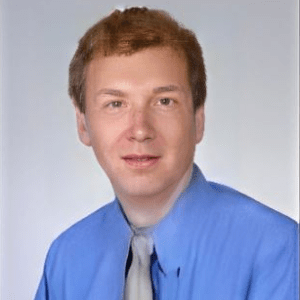
Kindy Mark
University of South Florida, United
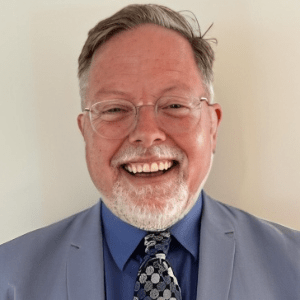
Thomas J Webster
Interstellar Therapeutics, United States
Tags


